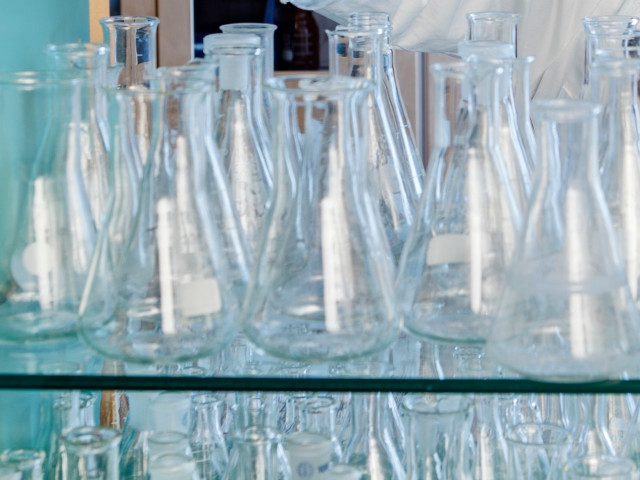- Description of waste; different types of waste, classification of waste, waste flows in society, amounts and composition of waste.
- Causes of the waste problem and strategies to minimise these problems; Consumption and waste, waste hierarchy (waste prevention, recirculation etc), product development, problem solving with a system analysis approach.
- Legal and economical means of control for waste management (Sweden and EU).
- Waste treatment and handling, thermal and biological methods, landfill, handling of hazardous waste.
MJ2630 Waste Management, Advanced Course 6.0 credits
This course has been discontinued.
Decision to discontinue this course:
No information inserted
Information per course offering
Course offerings are missing for current or upcoming semesters.
Course syllabus as PDF
Please note: all information from the Course syllabus is available on this page in an accessible format.
Course syllabus MJ2630 (Autumn 2010–)Content and learning outcomes
Course contents
Intended learning outcomes
The overall aim is to give deeper knowledge in the problems and possibilities of waste management from a national and global perspective. Both industrial and municipal solid waste issues will be discussed. The course will employ a holistic view on solutions as well as technical aspects.
After a passed course the student should be able to:
- Define and explain important concepts in the field of solid waste management, such as waste hierarchy, waste prevention, recirculation, municipal solid waste etc.
- Suggest and describe suitable technical solutions for biological and thermal treatment. The student should also be able to discuss the drawbacks and prerequisites for a chosen solution.
- From a given case, connected to a solid waste problem, suggest, motivate and describe a way to tackle the problem from a system analysis approach.
- Describe the construction and operation of a modern landfill according to the demands of the EU directive.
- Discuss social aspects connected to handling and recirculation of solid waste from a local as well as global perspective.
- Name and describe economical and legal means of control that affect waste management on a social and industrial level from a Swedish perspective.
- Analyse and describe the potential as a secondary raw material, and thereby associated problems and possibilities in a sustainable society.
- Describe, analyse and discuss the connection between waste and consumption on a national and global level.
- Theoretically evaluate results obtained from usage of the system analysis tool ORWARE.
- Independently search for information connected to solid waste management, and make a compilation of this, and analyse it in a written report.
- Make an oral presentation of an individual work and actively participate in the discussion of other groups work.
Literature and preparations
Specific prerequisites
Previous knowledge corresponding to MJ2620 or MJ2621 or MJ2623 or MJ2626 or MJ2640 or MJ2611 or MJ2627 or MJ2628. Documented profieciency in english B or equivalent.
Literature
“Waste treatment and disposal”, Williams, P.T.
Lecture notes
Distributed material during the course
Examination and completion
Grading scale
Examination
- INL1 - Assignment, 1.5 credits, grading scale: P, F
- PRO1 - Projekt Work, 3.0 credits, grading scale: P, F
- ANN1 - Study visits, 1.5 credits, grading scale: P, F
Based on recommendation from KTH’s coordinator for disabilities, the examiner will decide how to adapt an examination for students with documented disability.
The examiner may apply another examination format when re-examining individual students.
If the course is discontinued, students may request to be examined during the following two academic years.
Examiner
Ethical approach
- All members of a group are responsible for the group's work.
- In any assessment, every student shall honestly disclose any help received and sources used.
- In an oral assessment, every student shall be able to present and answer questions about the entire assignment and solution.
Further information
Course room in Canvas
Offered by
Main field of study
Education cycle
Supplementary information
from spring 2015 replaced MJ2630 by AL2130